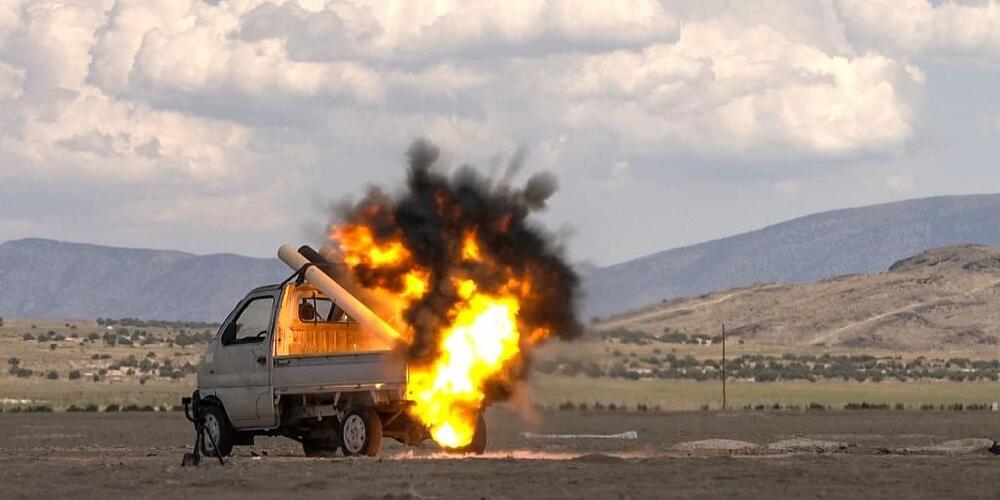Making the future of medicine possible by rethinking how medicines are made — olivia zetter, head of government affairs & AI strategy, resilience.
Olivia Zetter is Head of Government Affairs and AI Strategy at National Resilience, Inc. (https://resilience.com/) a first-of-its-kind manufacturing and technology company dedicated to broadening access to complex medicines and protecting bio-pharmaceutical supply chains against disruption.
Founded in 2020, National Resilience, Inc. is building a sustainable network of high-tech, end-to-end manufacturing solutions to ensure the medicines of today, and tomorrow, can be made quickly, safely, and at scale.
Olivia brings extensive experience in national security spanning diplomacy, defense, and development, along with emerging technology issues. Olivia has held multiple positions in government, most recently as a Director of Research and Analysis at the National Security Commission on Artificial Intelligence, an independent federal commission established by Congress to examine the impact of artificial intelligence on national security and defense.
Olivia previously served at the Department of State as a Foreign Affairs Officer in the Office of the Coordinator for Cyber Issues, where her work spanned a diverse range of cyber policy areas. She also served as the Special Advisor on Trans-Regional Issues to the Special Presidential Envoy for the Global Coalition to Counter ISIS, where she coordinated efforts to counter the terrorist organization’s financing, foreign terrorist fighter flows, and external operations.






